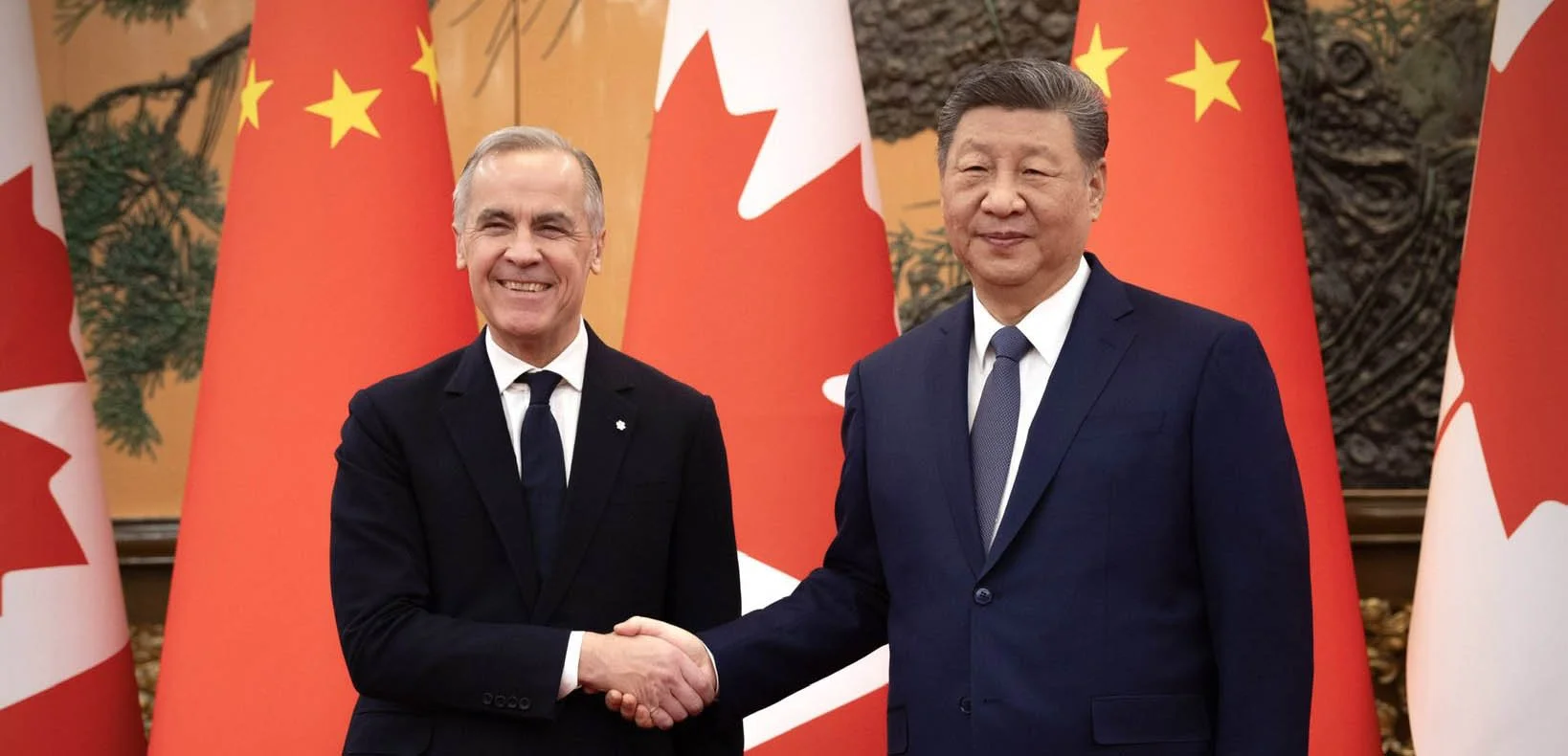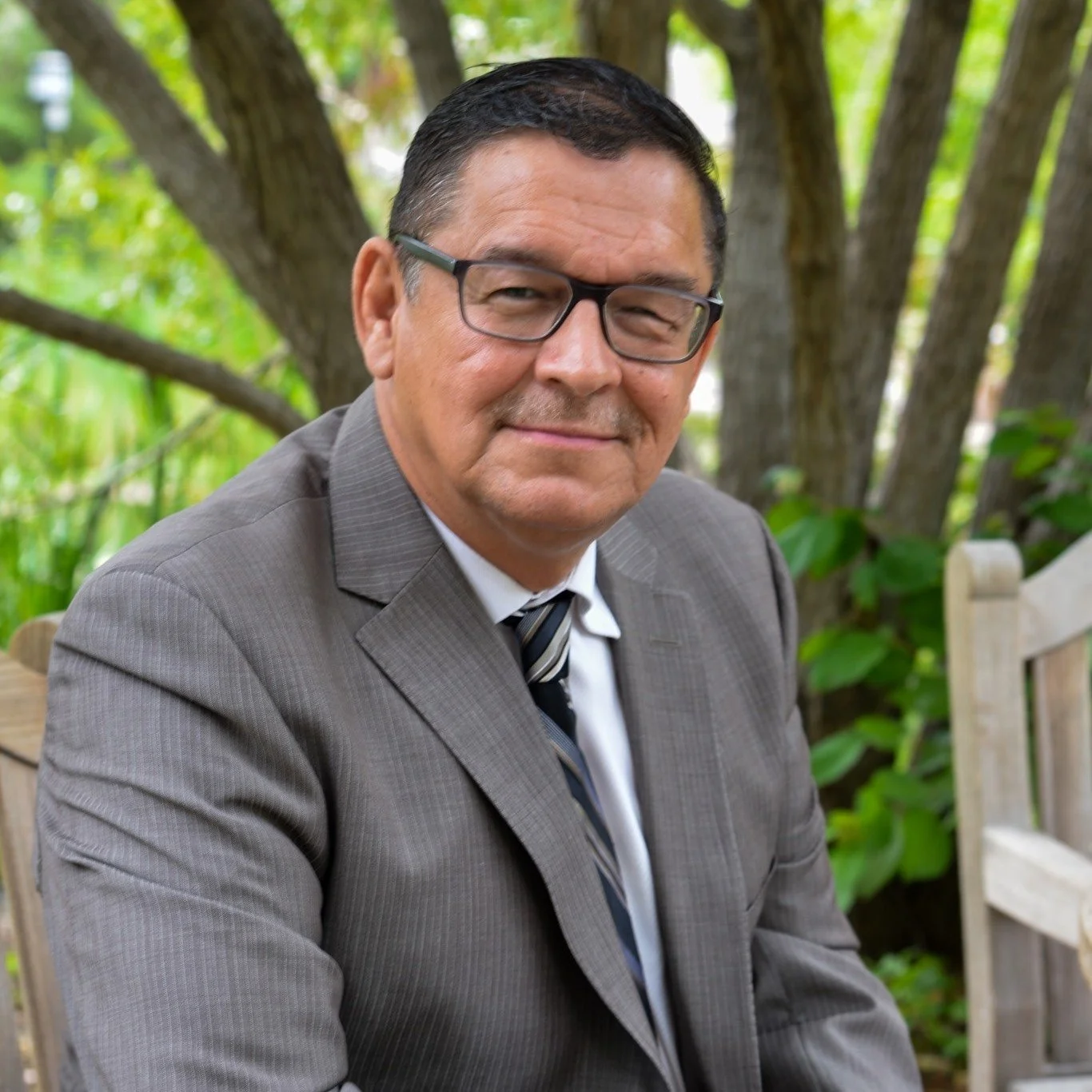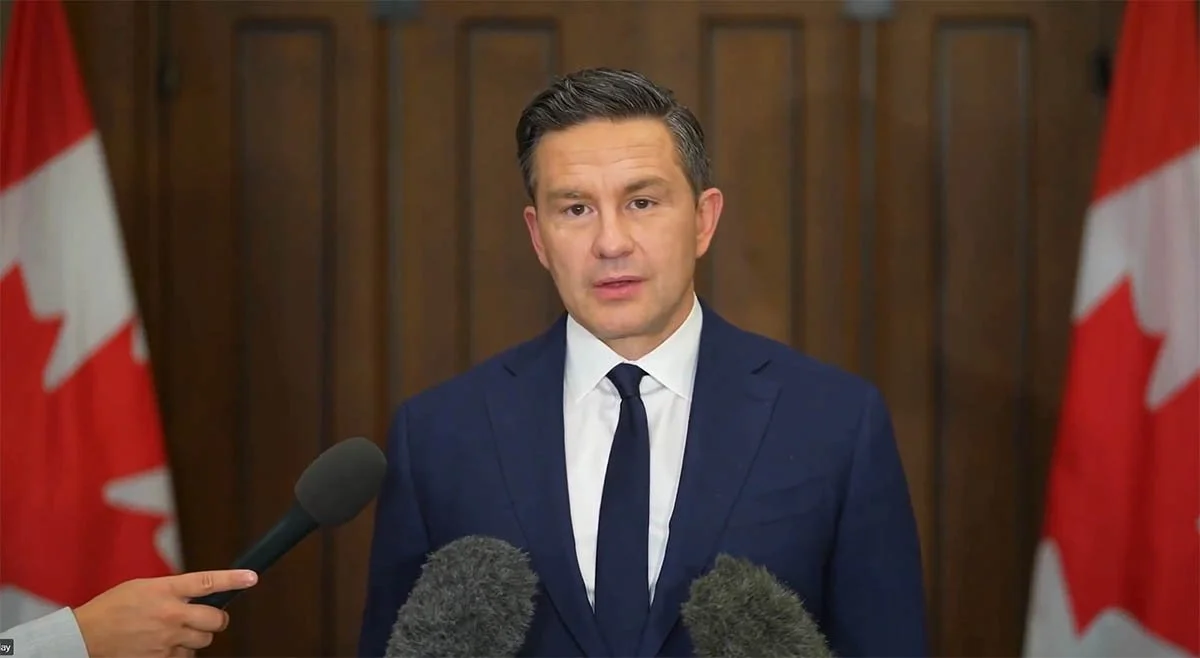Cobb: Local economies key to Canada’s post-global trade future
Canada must focus on building resilient local economies instead of relying on global trade and large corporations, says Zita Cobb, founder and CEO of Shorefast and the Fogo Island Inn.
“We need to create the enabling conditions for communities to be in the economy. What we're missing more than anything is the collaborative musculature to work together,” Cobb said on episode 3 of How Do We Not Go Broke, a podcast hosted by Canadian author Stephen Marche.
“You need to do it from the ground up. That's the key.”
Cobb, a former tech executive who returned home to Newfoundland after working in the U.S., founded the Shorefast foundation to help rebuild the economy of Fogo Island after the collapse of the inshore fishery. The goal, she said, was to “connect economics to place” — making local knowledge, traditions, and identity central to development.
“What is the economy for exactly?” she asked. “I think it’s for the people. We're embodied creatures. We're social creatures. We're meaning-seeking creatures. All those things are satisfied in a place. And without place, we won't be able to hold on to intergenerational knowledge.”
Her model, known as asset-based community development (ABCD), flips traditional economic planning. Instead of focusing on what’s missing, it starts by identifying what communities already have: skills, history, relationships and natural resources.
On Fogo Island, that meant investing in traditional crafts, hospitality and small businesses. A renewed focus on woodworking and textiles gave rise to furniture makers and design shops. Even an ice cream business emerged, built around the island’s 26 varieties of edible berries.
She believes the model can work in communities across the country — but only if it’s locally driven. One barrier, she said, is that many Canadians “don’t know each other well enough” to work together effectively.
Despite Canada’s vast resources, Cobb noted that just 500 of the country’s 4,434 incorporated communities have access to commercial banking. That lack of financial infrastructure, she said, means “you can’t get a loan for small business if you’re outside of the top 500 cities in Canada.”
She also flagged regional air access as a critical but overlooked issue. Without it, rural trade and tourism falter.
Cobb pointed to the Faroe Islands’ public investments — including building undersea tunnels and launching a national airline — as a model for government-led development.
“Trade follows tourism,” she said. “The government has a role to play in this; communities have a role to play in this.”
Marche linked Cobb’s ideas to a broader rethinking of trade. “There’s a sense that sovereignty is intimately tied up with trade,” he said, noting that Canadians are beginning to reject American products.
John Shell, chair of Social Capital Partners, echoed the urgency, calling for a “third pole” of middle-power nations like Canada, Japan, and Germany to build independent supply chains.
Cobb’s message: local resilience isn’t just nice to have — it’s essential.
“As a child, I was told to figure out how this money thing works, because otherwise it’s going to eat everything we love,” she said.
YOU MIGHT ALSO LIKE




